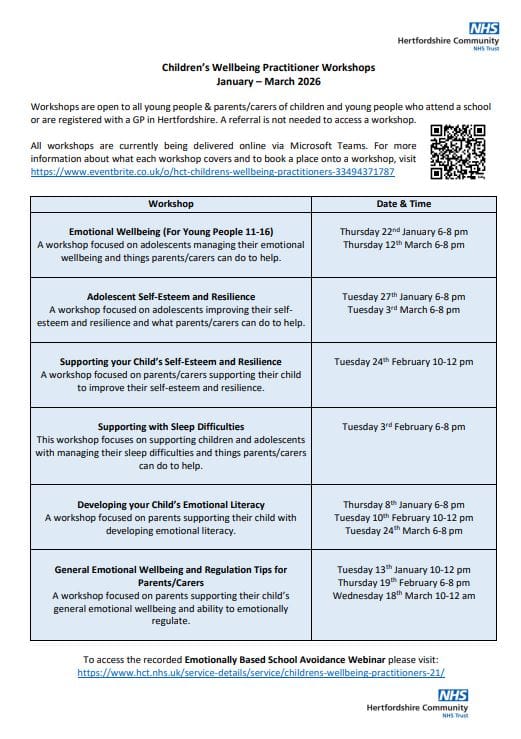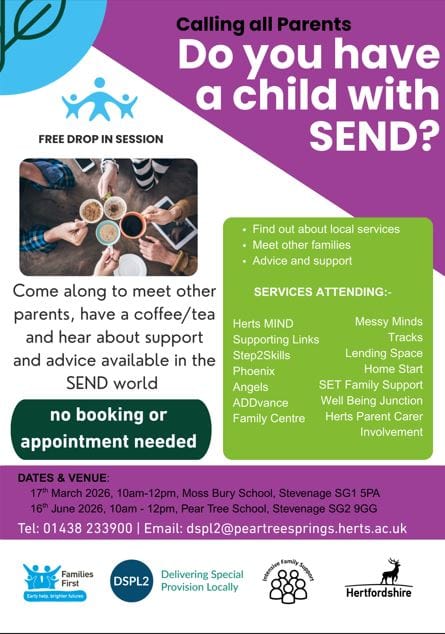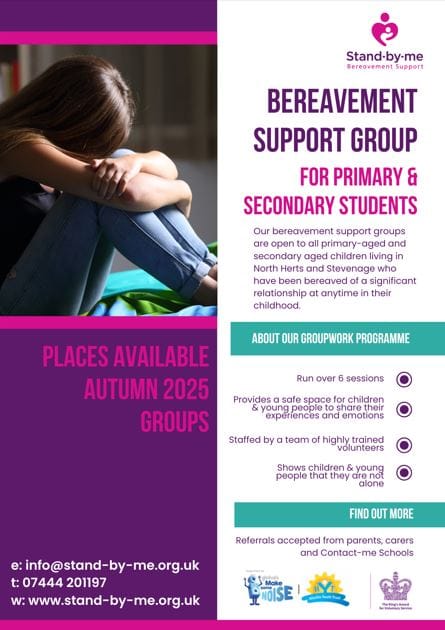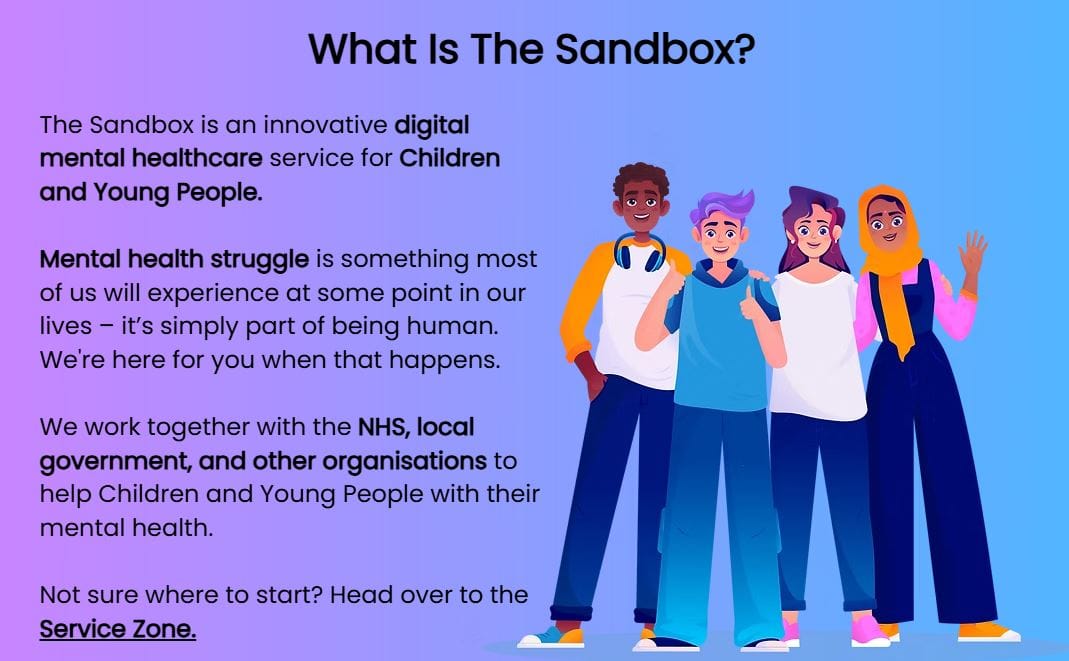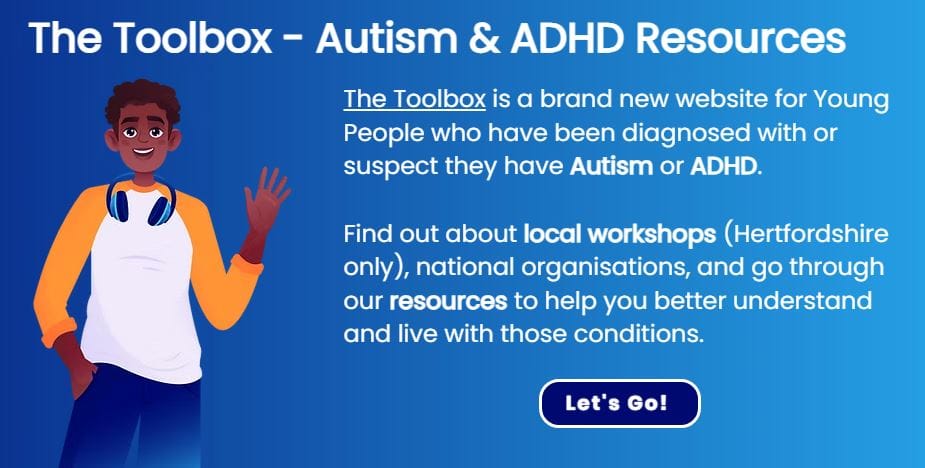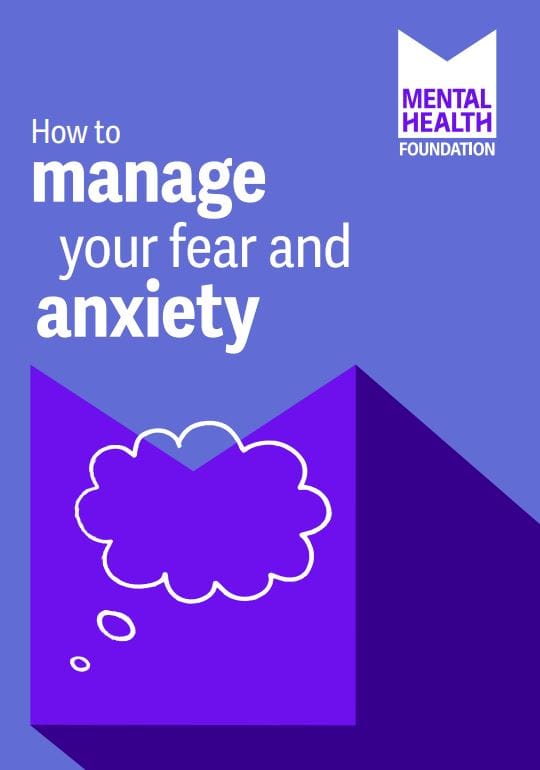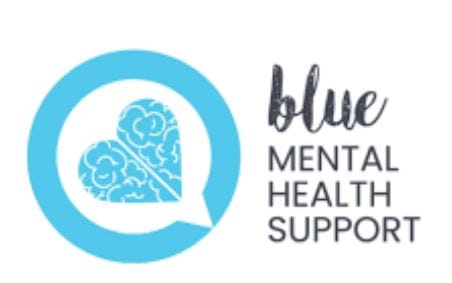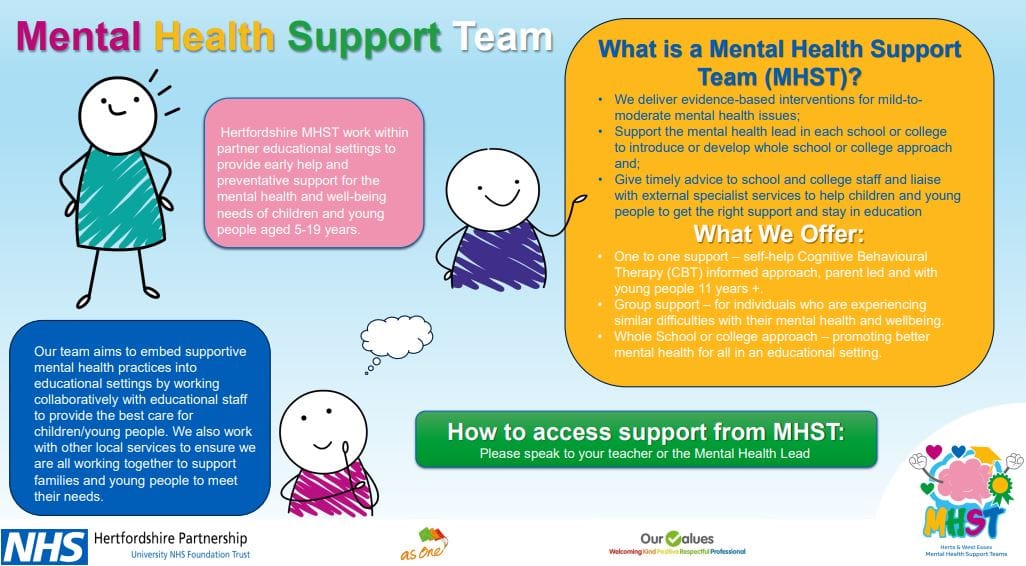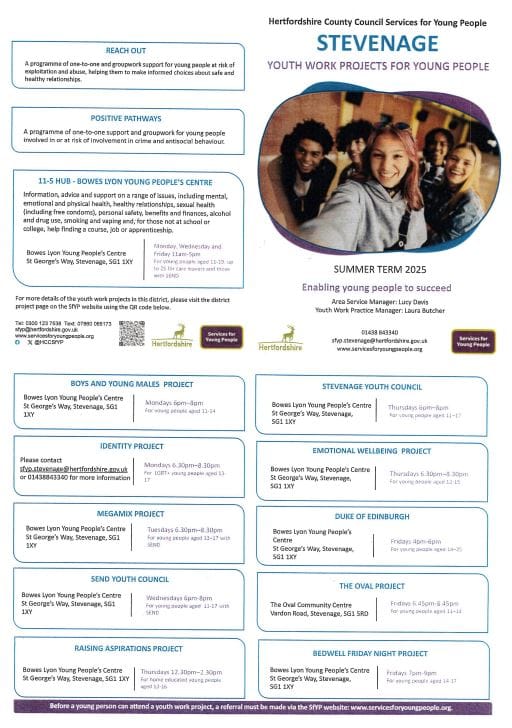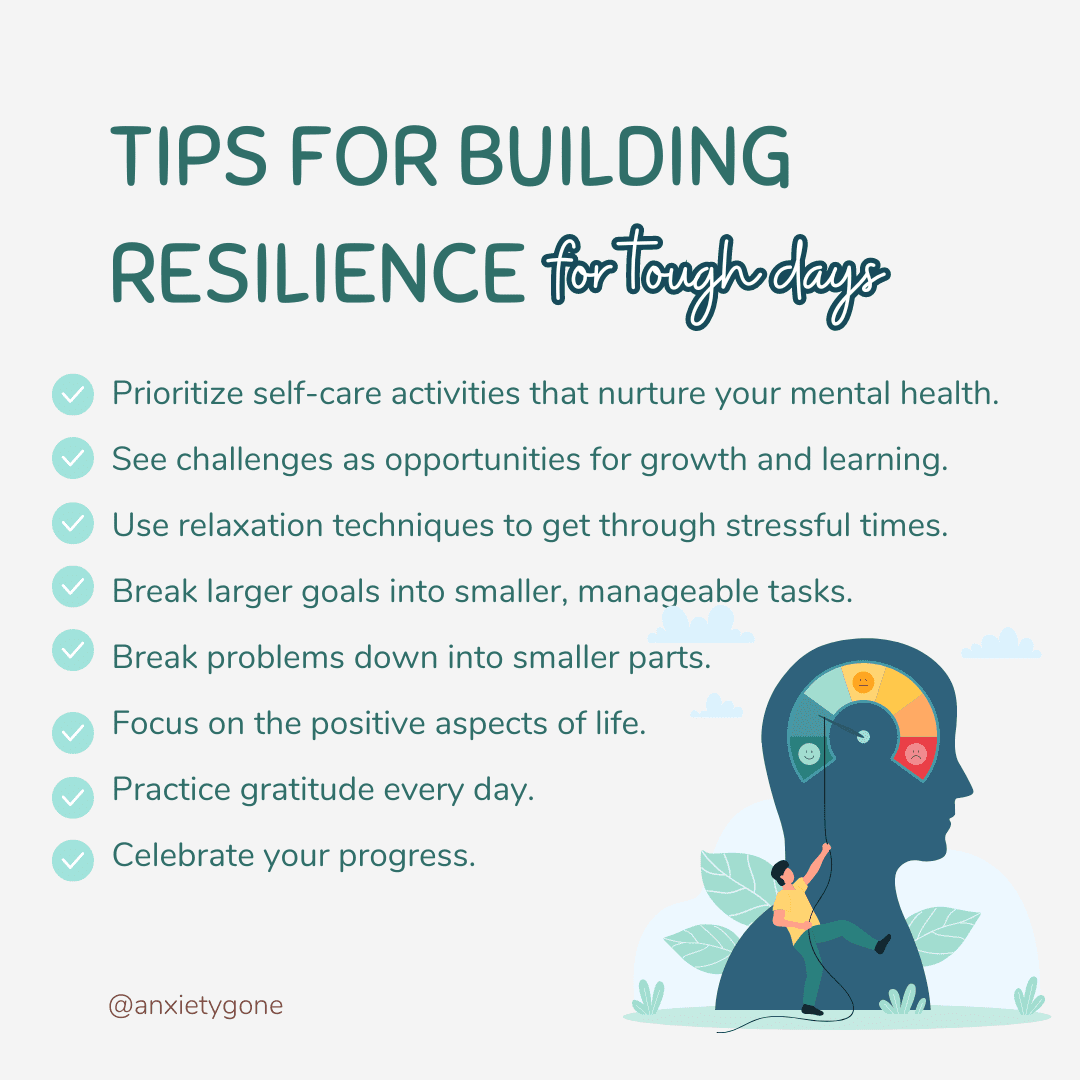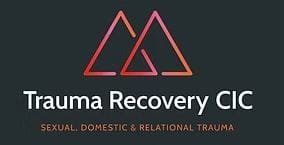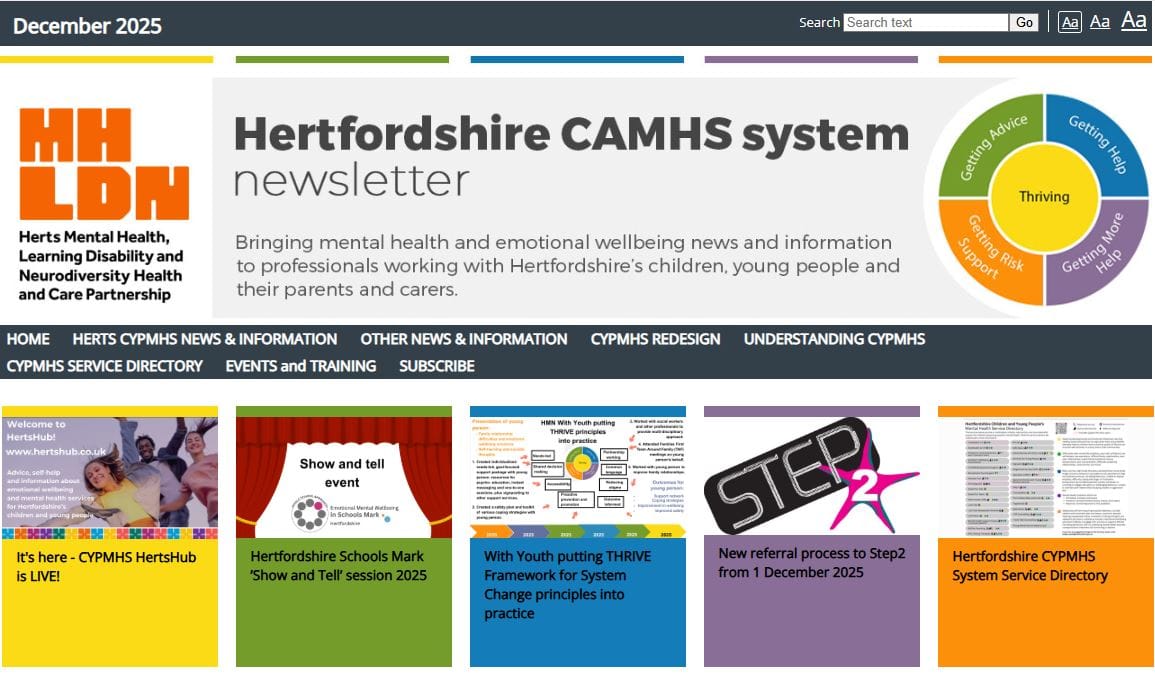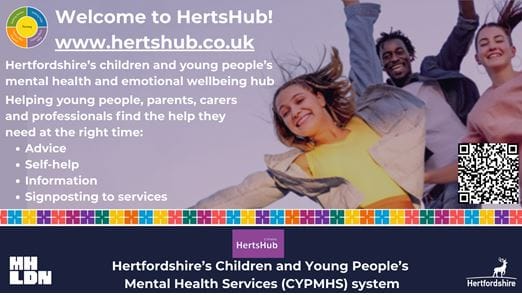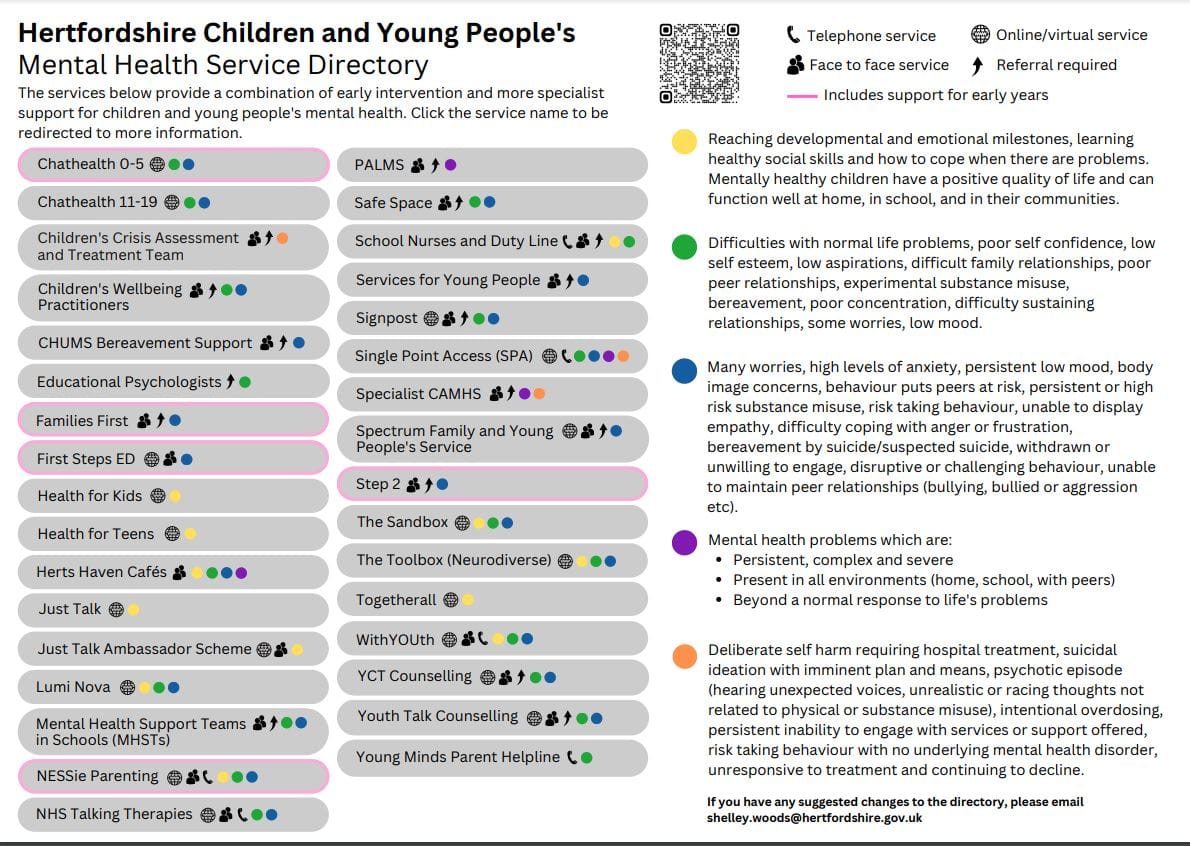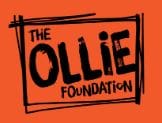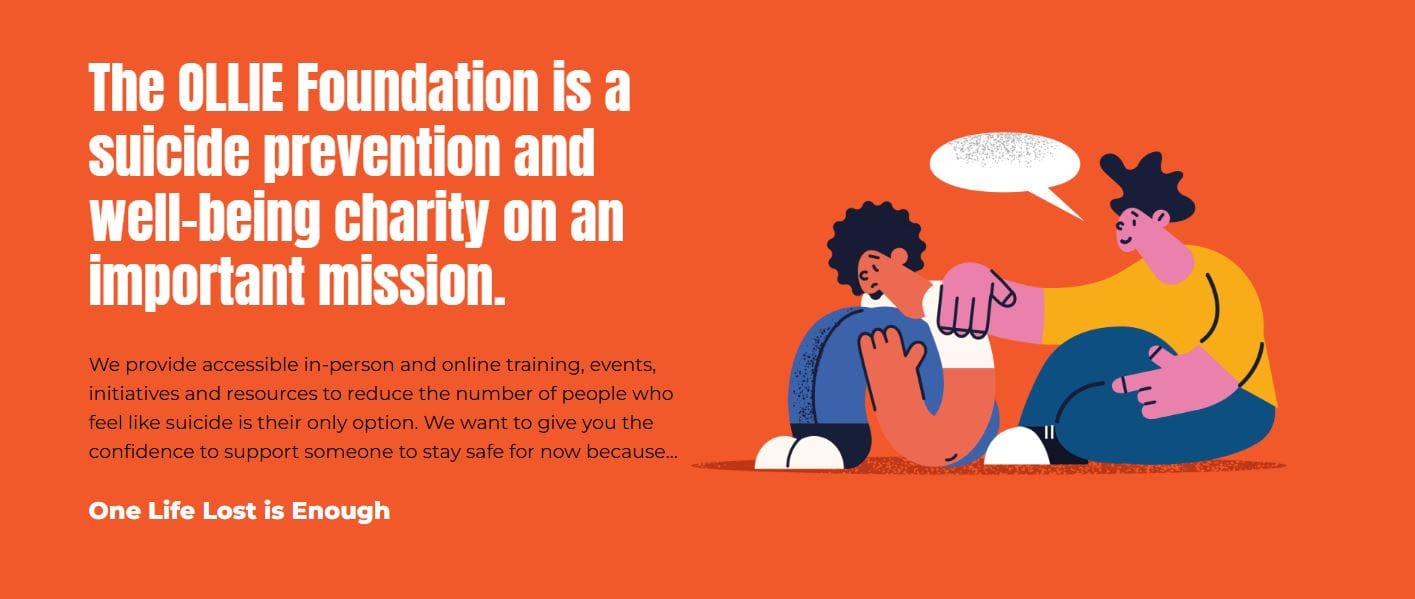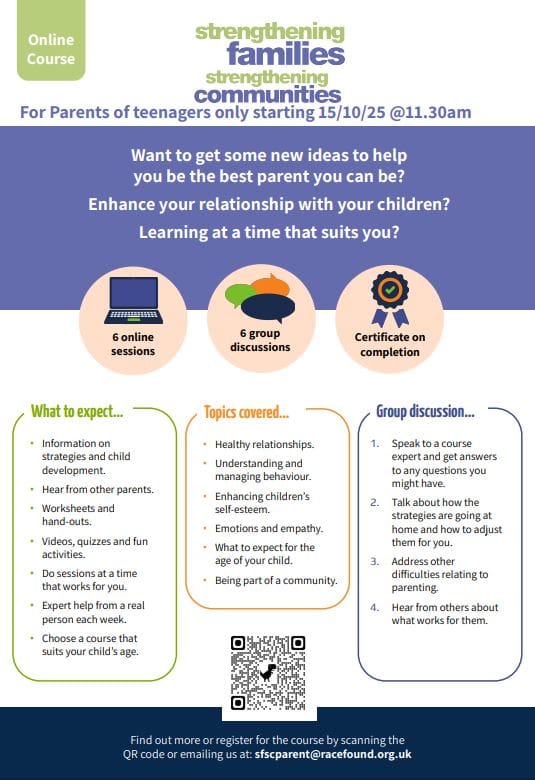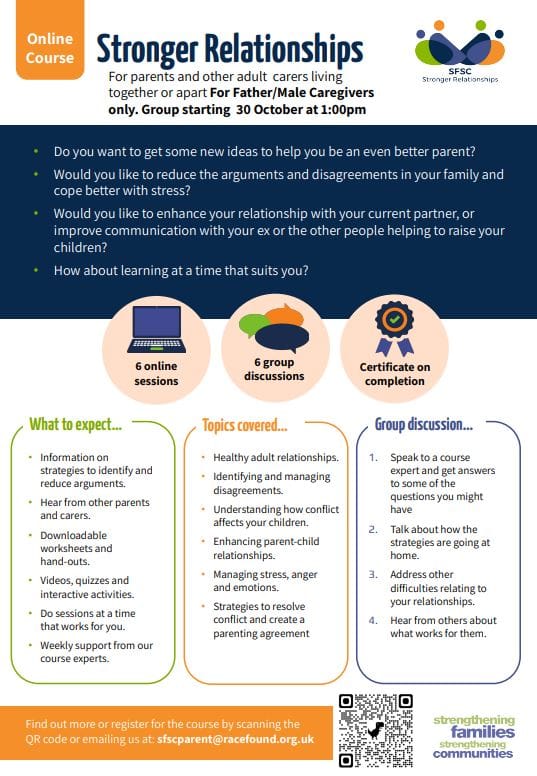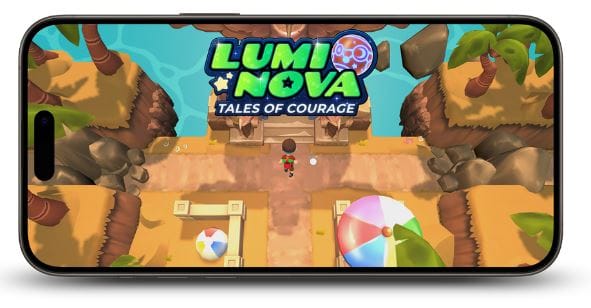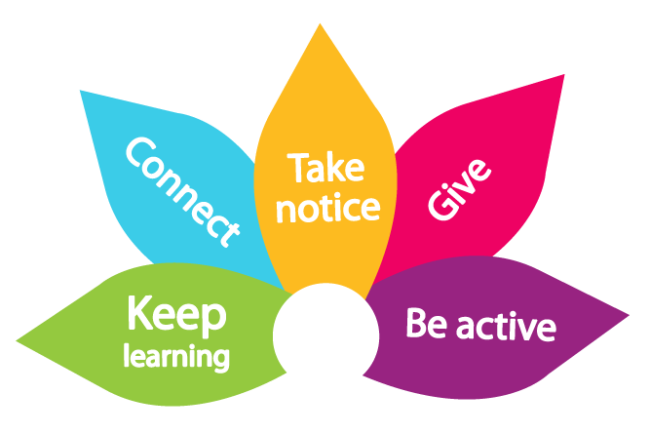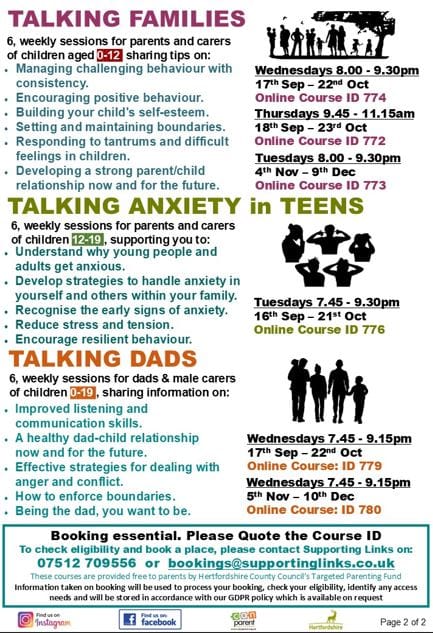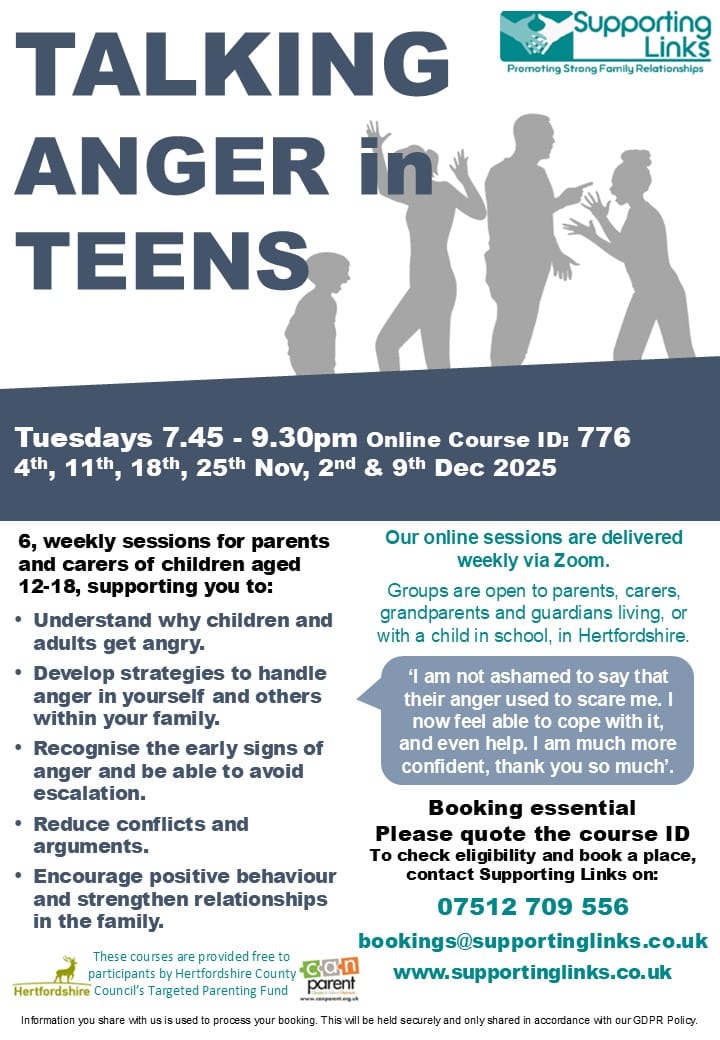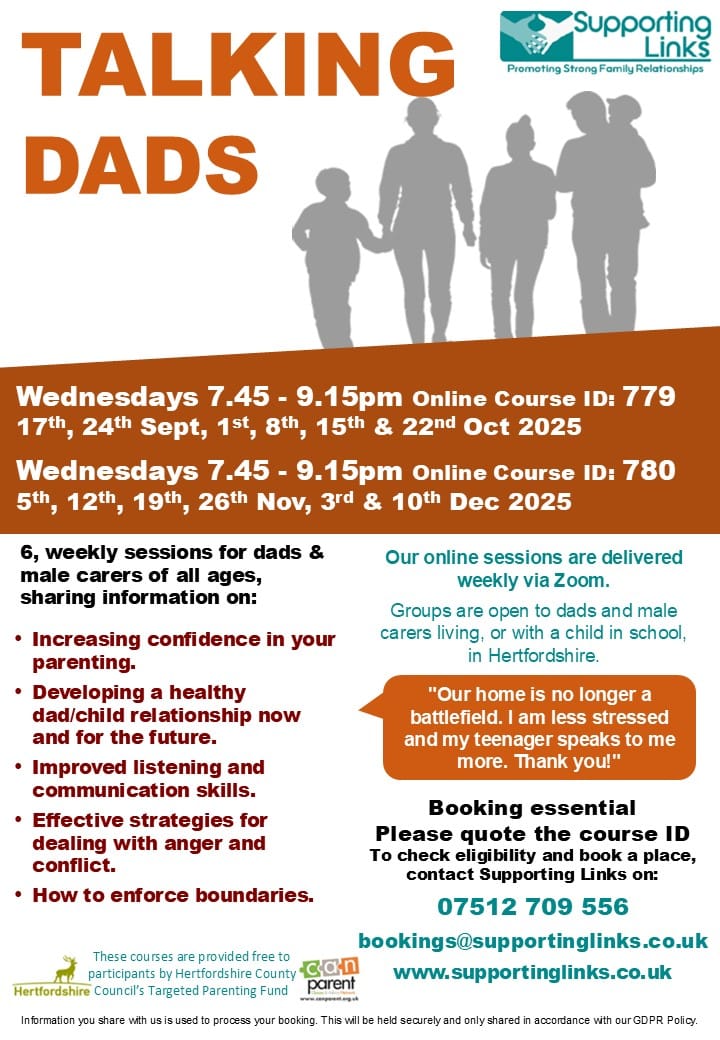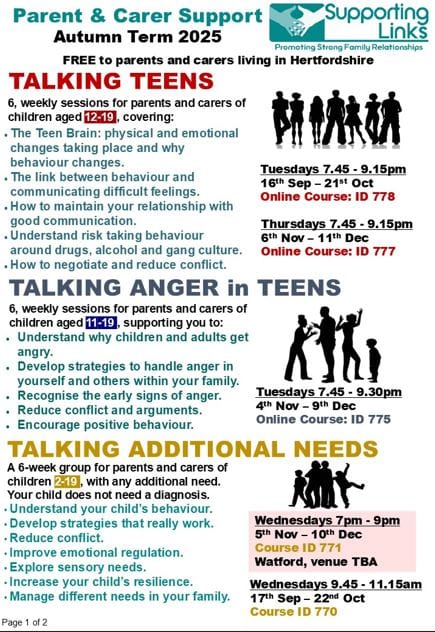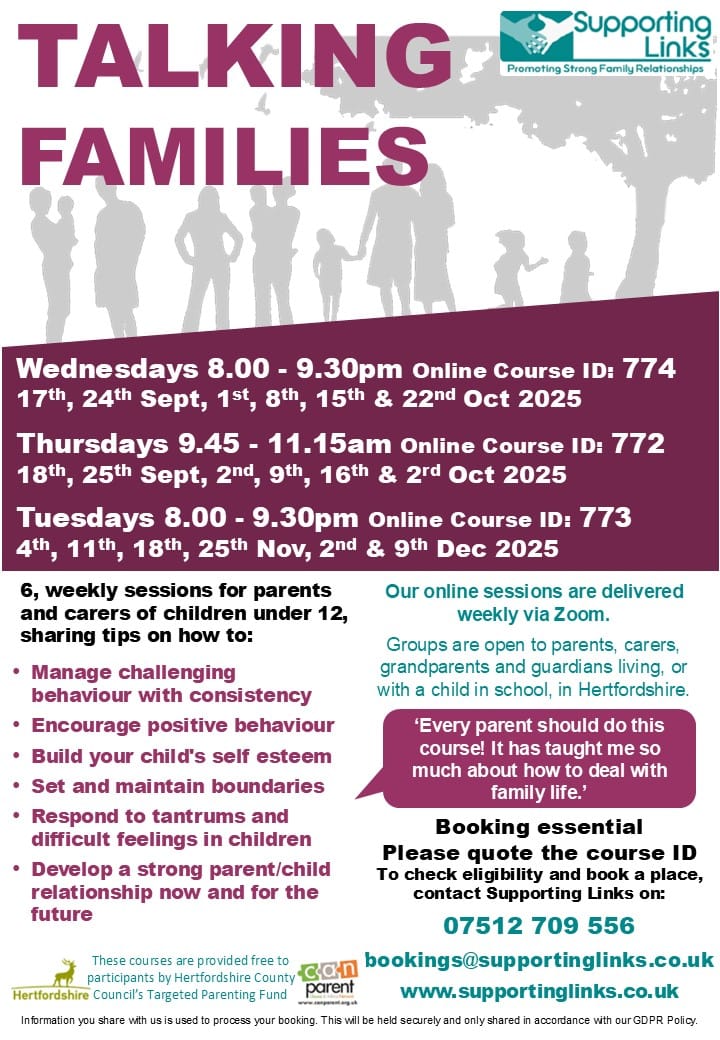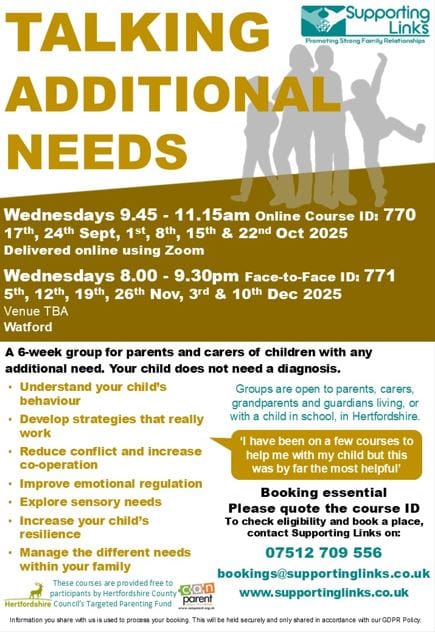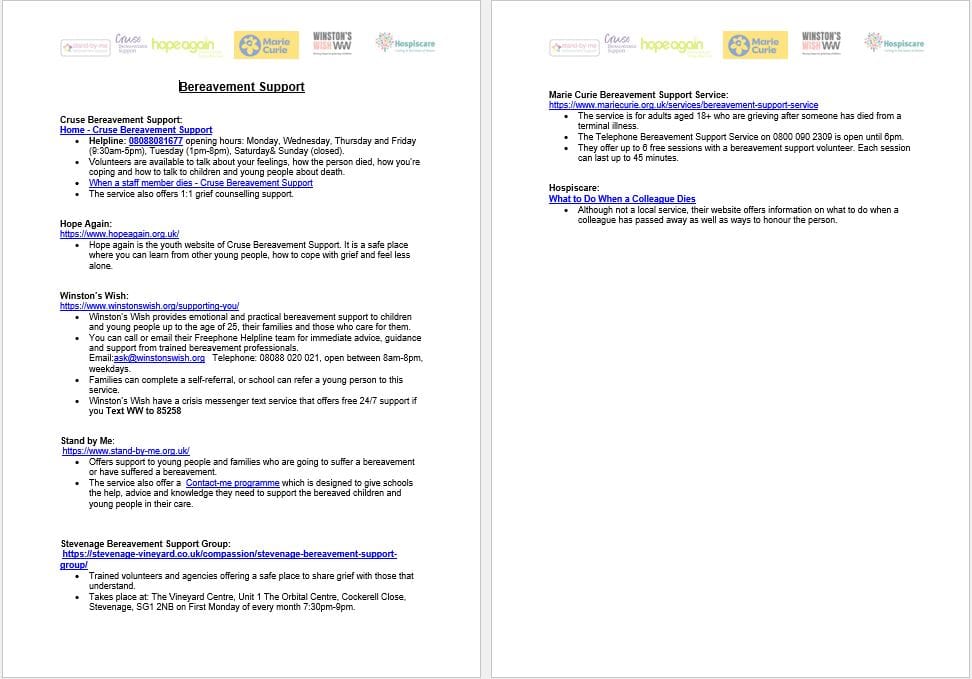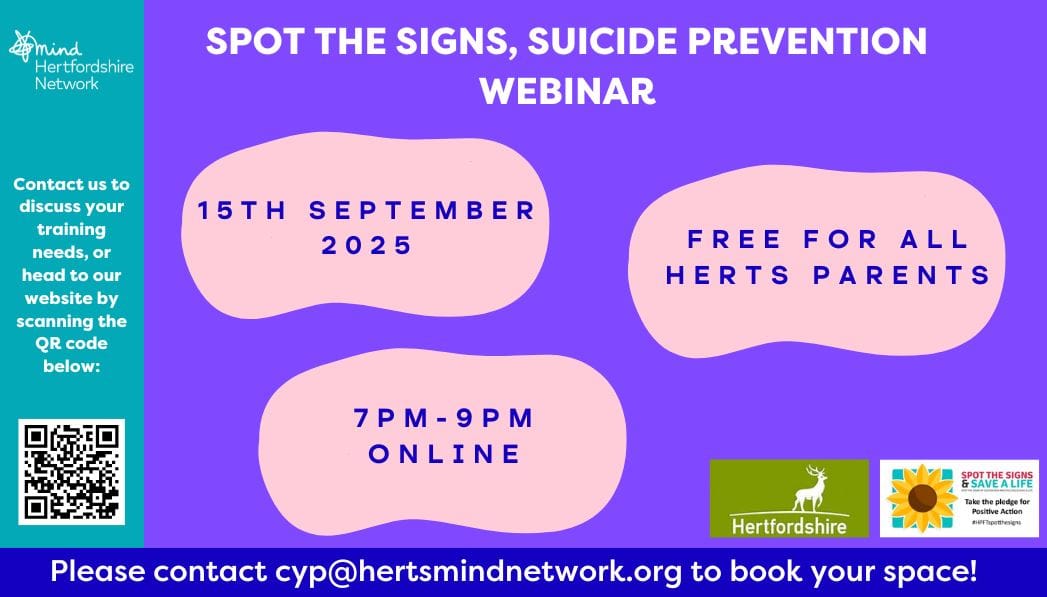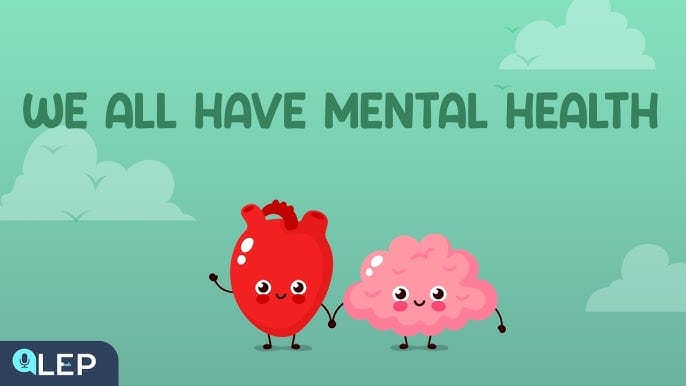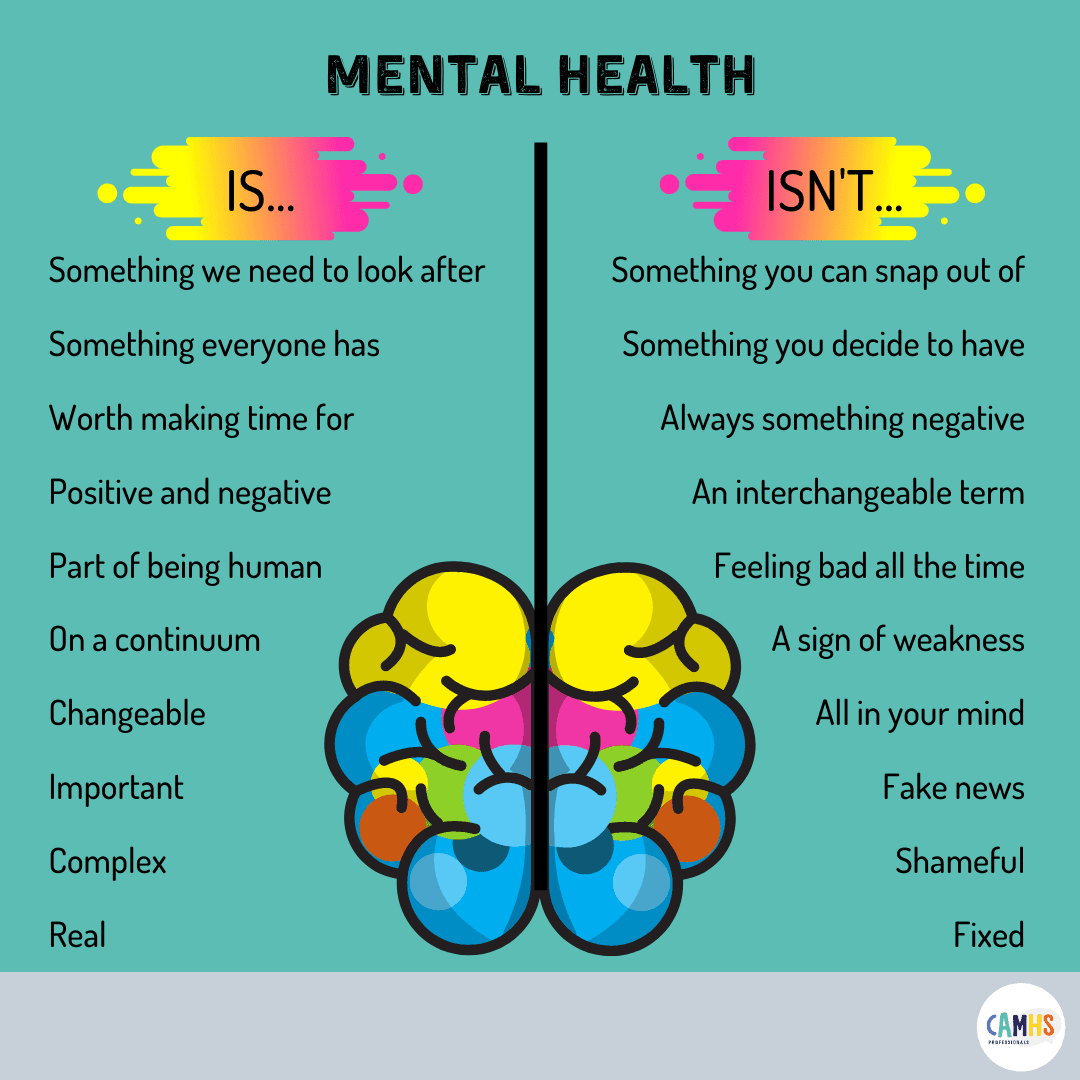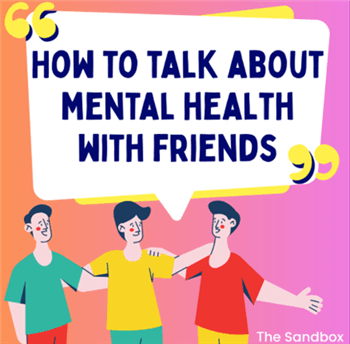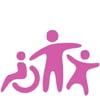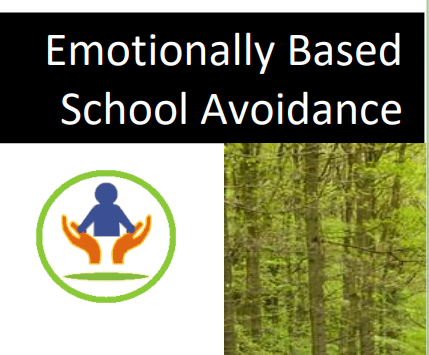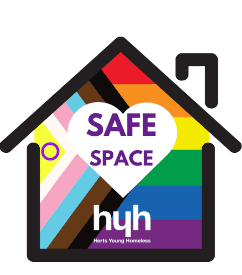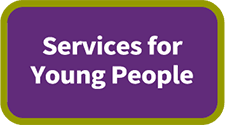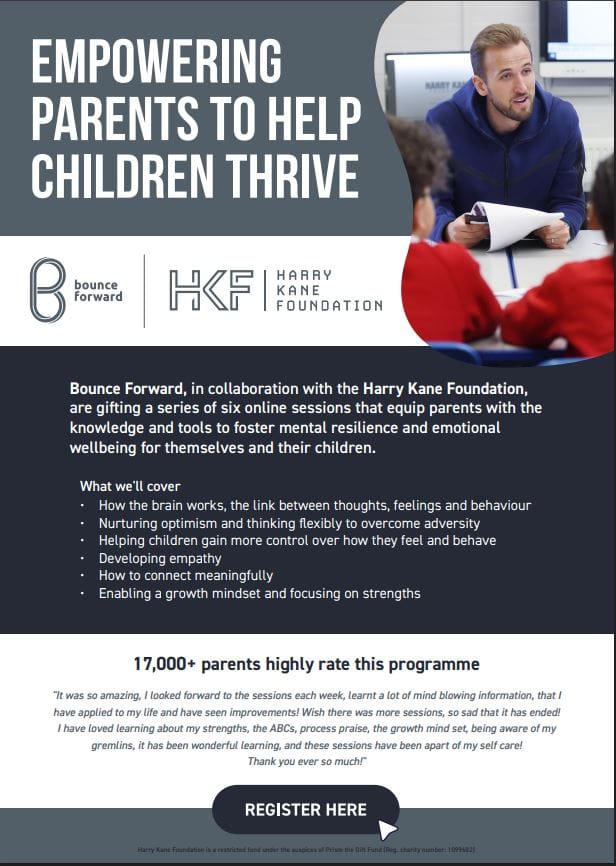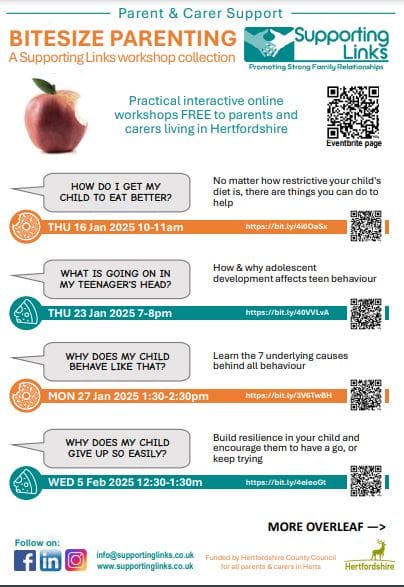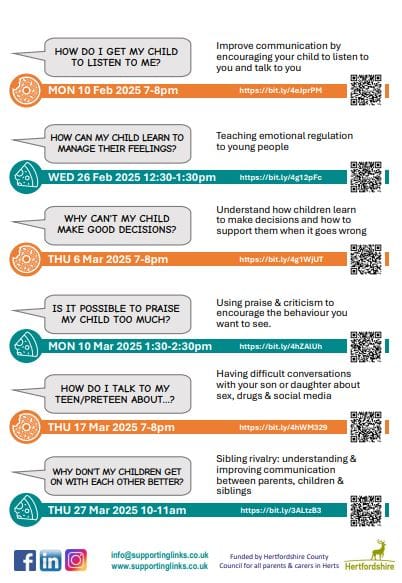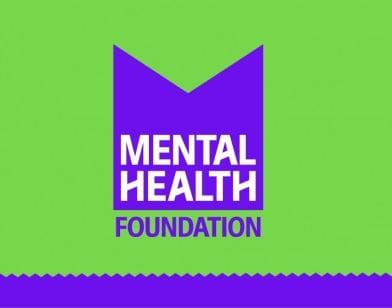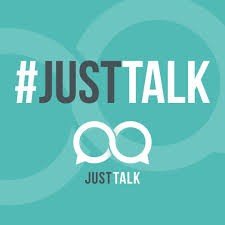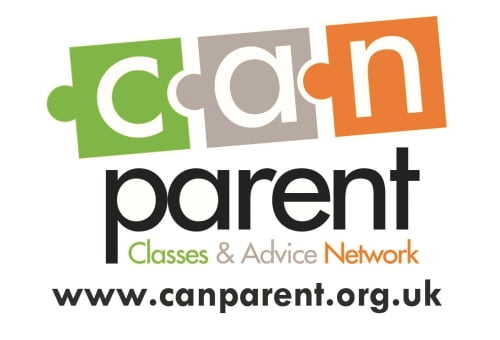‘Understanding Trauma’ Programme for Parents in Herts whose children have experienced sexual abuse
Trauma Recovery CIC’s Butterflies Community are able to offer a funded 6 session Understanding Trauma Programme for Parents in Herts whose children have experienced sexual abuse, with the option of joining a peer support group after.
It’s a free, psychoeducational programme that offers an opportunity for parents to become empowered by understanding their child’s trauma, and become equipped with tools and support to aid their child’s and their own healing – see full info in attached flyer below (Parents group Feb 25 info)
- First session is 28th February 2025 (online)
- Parents/Carers self refer via the link on the attached information flyer (Parents group Feb 25 info)
Please disseminate the Parents group flyer to appropriate teams and Colleagues to share with parents /carers that may want to access the support.
Resilience. Find ways to bounce back
“If you can’t change it, change the way you think about it” – this poster relates to Resilience, one of the Ten Keys to Happier Living. See Find ways to bounce back for more information.
Learn more – GREAT DREAM

With Youth online groups
With Youth’s digital wellbeing service for 5–18-year-olds have their free online groups for ages 7-12 and 13+ re-starting at the end of September. Topics will include:
- Understanding emotions
- Friendships
- Coping strategies
- Self-care
- Changes
- Identity
- Building self-esteem and much more!
Some quotes from young people who joined previous 7-12 and 13+ age online groups:
‘I grew more confident with talking to people’
‘It was good and helpful. I learnt a lot.’
Wellbeing – The 5 Ways to Wellbeing
Following the Wellbeing Coffee Morning please find attached Mr Camps presentation.
The Nobel 5 Ways to Wellbeing
- Keep learning – Lessons, hobbies, extracurricular, anything that interest you.
- Connect – It’s good to talk!
- Take Notice – time for you, reset and go again.
- Give.
- Be Active – stay fit and strong, exercise improves mood.
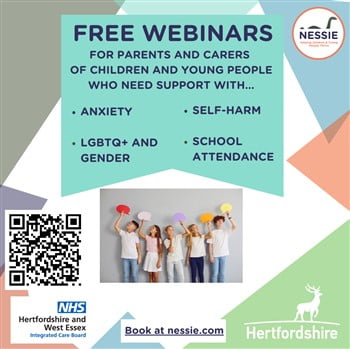
Parenting can be a challenge, but Nessie can help!
Helping young people to overcome worries and problems can be difficult for parents/carers to manage, especially at this time of year when young people are going back to school or college, or if other changes are happening. It can often be helpful to talk these issues through with someone who understands and knows what might help.
This autumn Nessie’s free (NHS funded) Parenting Support Service is offering a range of support for parents of children who might be struggling to attend school or college, self-harming, experiencing bullying or any other problems that are adversely affecting their emotional wellbeing/mental health:
Links
Following a successful Coffee Morning and sharing helpful information both ways, we would like to share with you the presentation below from this event.
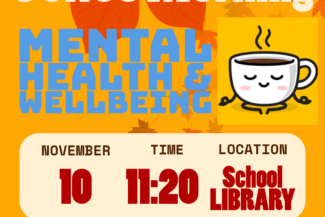
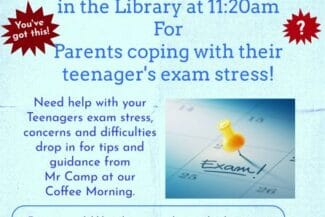
Learn more Exam Stress
Mental Health is very different to Mental Health Illness
Generally, the difference between poor mental health and a mental illness is the nature of and degree to which the difficulties someone is experiencing are having on their wellbeing and functioning (socially, occupationally and academically).
NHS Stevenage Mental Health Support Team
Mental health services and contact information within the Stevenage area.
Learn More
NESSIE
Nessie is a not for profit, independent therapy organisation that focuses on helping children and young people (0 – 25 years) thrive.
Learn More
The Sandbox
Award winning digital mental health support for Children and Young People
Learn More
New Sandbox resources on using more thoughtful mental health language
Neurodiversity Support Hub
The neurodiversity support hub is an advice service offering support, signposting and guidance about a whole range of things relating to ADHD and Autism.
Learn More
Understanding Emotional Based School Avoidance & Guide for Parents (EBSA)
This guidance is primarily aimed at parents and carers of children who are at the early stages of EBSA – those for whom school is just beginning to be a major source of anxiety and attendance a cause for concern. The strategies discussed may be less relevant to children who have not attended school for considerable periods of time due to their very severe anxiety. These young people may need the support of health professionals to manage their anxiety before they are able to make a successful return to education
Learn More
MHST Hertfordshire & West Essex – Riding the Wave of Emotion
Emotion is often defined as a complex state of feeling that results in physical and psychological changes that influence thought and behaviour.
Supporting Links – Course Brochure Autumn 2025
Free online and face to face parent courses through Supporting Links starting in the Autumn term, click on the link below.
Mental Health Support Team – Workshop on Managing Exam Stress
Bereavement Support Services
hyh – Herts Young Homeless
Services for Young People
Supporting Links – Courses & Workshops
We are a local Social Enterprise, providing parenting support through courses, workshops and 1:1 mentoring of parents and children throughout Hertfordshire and the surrounding area.
Learn More
Anxiety – resources on how to help deal with periods of anxiety.
Self-esteem – resources on how to help deal with your self esteem.
Low mood/Depression – resources on how to help deal with low mood/Depression.
Self-harm – resources on how to help deal with low self-harm.
Anger – resources on how to help deal with anger.



